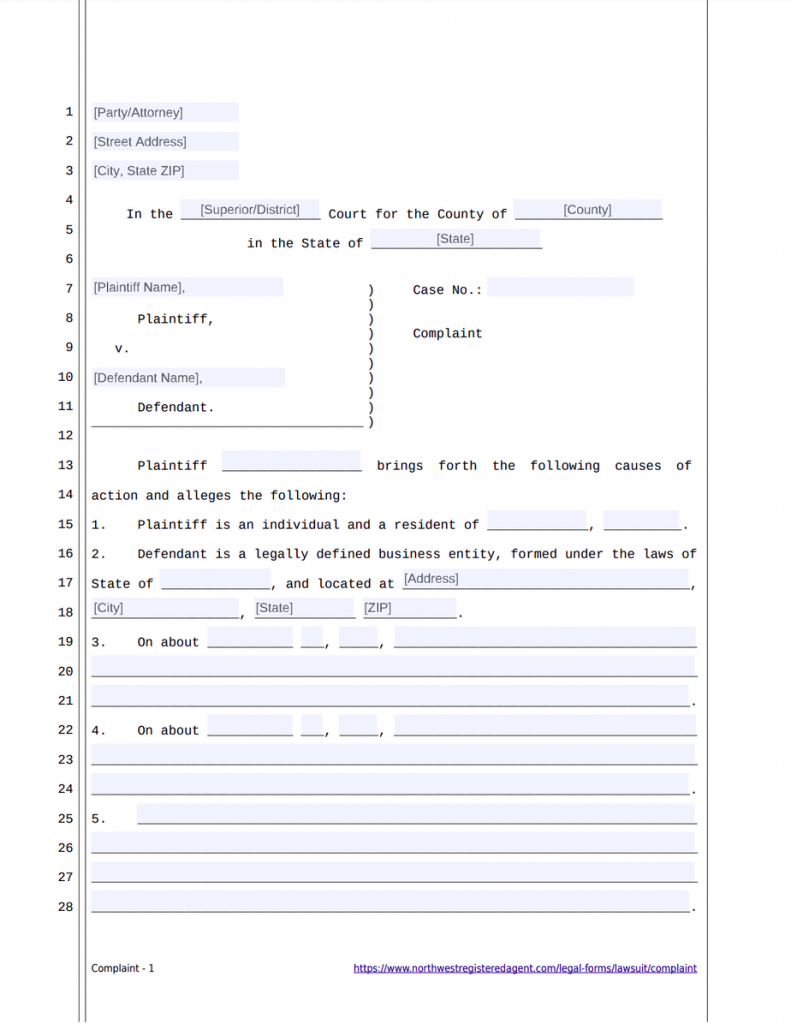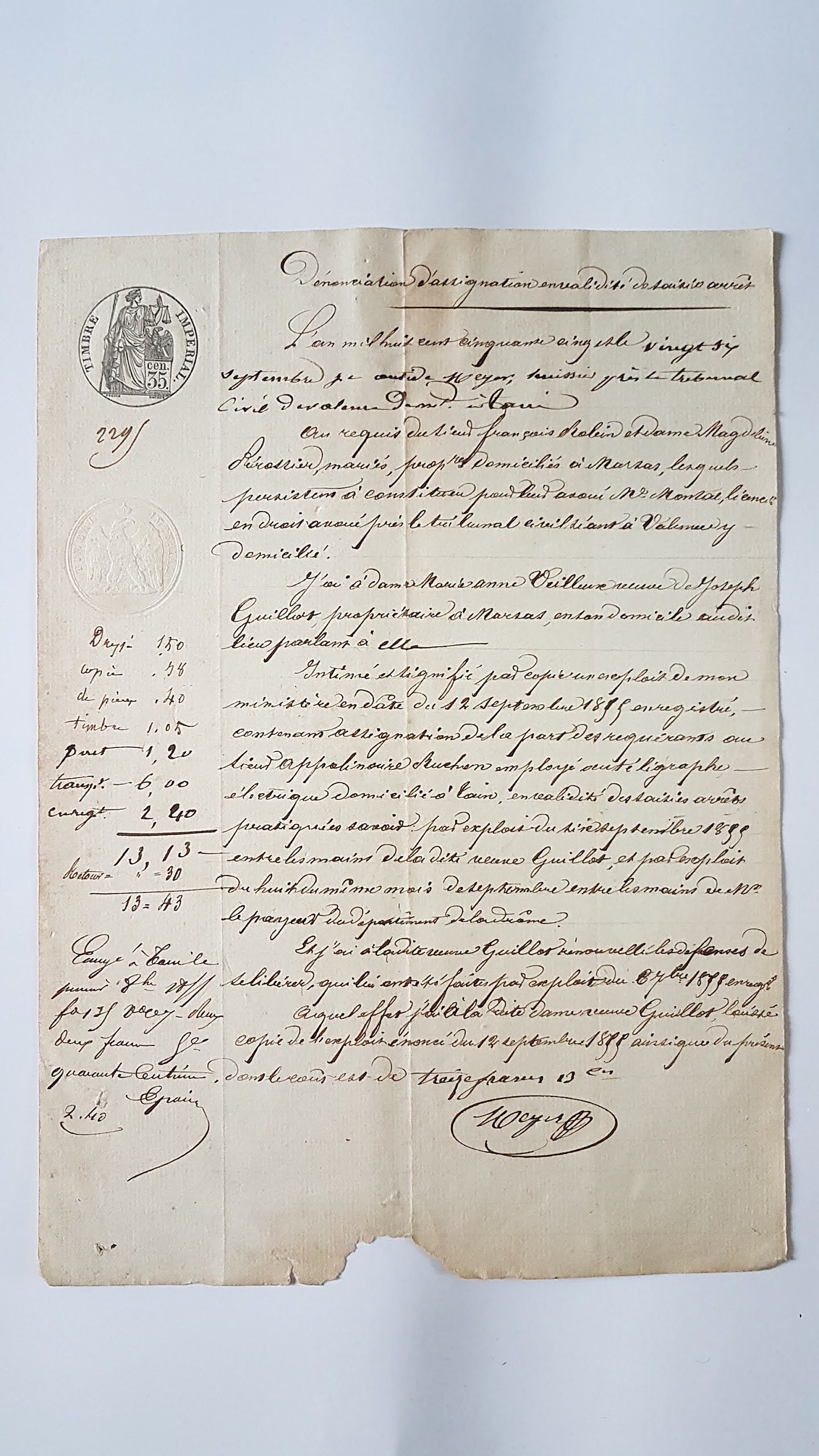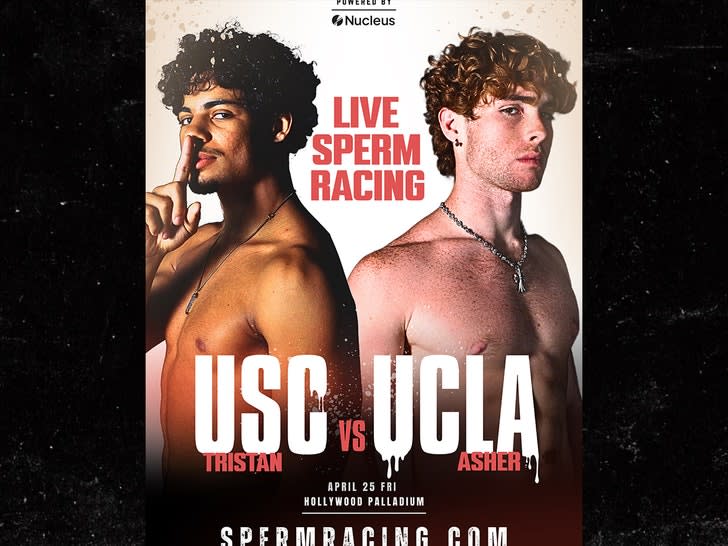Now Reading: Inmate Files Shocking $3.5M Lawsuit Against Trump from Prison
-
01
Inmate Files Shocking $3.5M Lawsuit Against Trump from Prison

Inmate Files Shocking $3.5M Lawsuit Against Trump from Prison
Transgender Inmate Files Unprecedented $3.5M Lawsuit Against Former President
In a legal move that has captured national attention, a transgender prisoner serving time for murder has filed a multi-million dollar lawsuit against former US President Donald Trump. The complaint alleges that Trump’s public rhetoric directly contributed to a dangerous prison environment for the inmate.
Autumn Cordellionè, who began her gender transition while incarcerated, claims in court documents that fellow prisoners justified violent attacks against her by invoking Trump’s name and policies. The handwritten complaint details disturbing allegations of assault within the correctional facility.

Background of the Controversial Case
Cordellionè is currently serving a 55-year sentence after being convicted in 2002 for the death of her 11-month-old stepdaughter. According to court records, the victim died from manual strangulation while in Cordellionè’s care.
In 2020, while incarcerated, Cordellionè expressed her desire to transition genders. She began hormone therapy while behind bars, a process that she claims made her a target for violence after being transferred from protective custody to Westville Correctional Facility, an all-male prison in Indiana.
Allegations of Prison Violence and Political Connection
The lawsuit contains serious allegations about the prison environment. Cordellionè claims that during attacks, some assailants explicitly mentioned the former president, allegedly stating: “Trump’s president now, and we won’t even get in trouble for f****** you trannies up. We’re patriots and even if you tell on us, Trump will pardon us.”
According to the legal complaint, Cordellionè was warned against reporting the incidents, with threats that staff members were compromised. The plaintiff is seeking $3.5 million in damages, directly attributing her alleged mistreatment to what she describes as “transphobic and extremist rhetoric” from the former president.

Institutional Response to the Allegations
The lawsuit further alleges institutional indifference to Cordellionè’s reports of assault. In her filing, she claims that when attempting to report the attacks, a prison official referenced her criminal case and made statements disapproving of transgender medical care being provided at taxpayer expense.
When contacted about the lawsuit, a White House spokesperson responded: “President Trump has vowed to defend biological women from gender ideology extremism and restore biological truth to the Federal government.” This statement appears to reference broader policy positions rather than addressing the specific allegations in the lawsuit.
Legal Experts Weigh In on the Unusual Case
This case represents an unusual legal challenge, as it attempts to establish a direct connection between political rhetoric and specific acts of violence within a correctional facility. Legal experts who specialize in prison litigation note that such cases face significant hurdles in establishing causality and liability.
The lawsuit raises complex questions about responsibility for prison safety, the rights of transgender inmates, and the potential impact of political discourse on institutional environments. These intersecting issues make the case particularly noteworthy in both legal and political contexts.

The Broader Context of Transgender Rights in Correctional Facilities
This case emerges amid ongoing national debates about the treatment of transgender individuals in the criminal justice system. Policies regarding housing, medical care, and protection from violence vary significantly across different jurisdictions and facilities.
Advocacy groups have long documented the disproportionate risks faced by transgender inmates, while others argue about the appropriate allocation of resources within correctional systems. This lawsuit intersects with these broader policy discussions in ways that may influence future approaches to these complex issues.
As this unusual legal battle unfolds, it highlights the challenging intersection of criminal justice, gender identity, and political discourse in America. The outcome could potentially influence how correctional facilities approach the safety and treatment of transgender inmates in the future.









